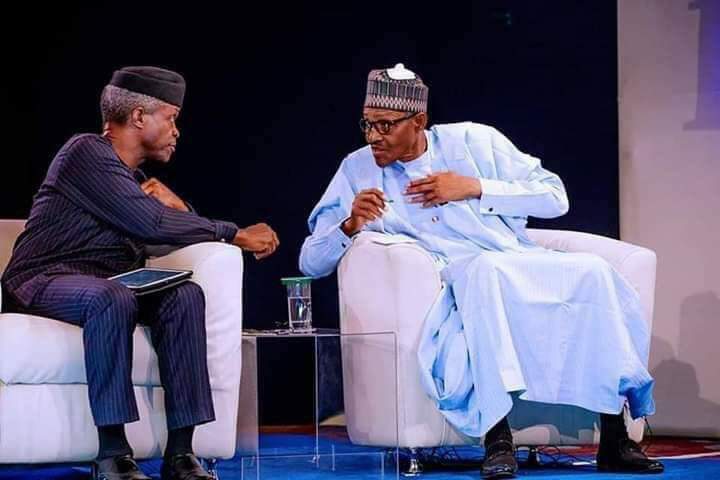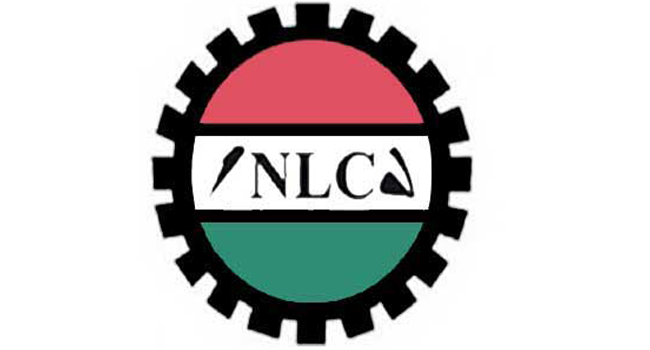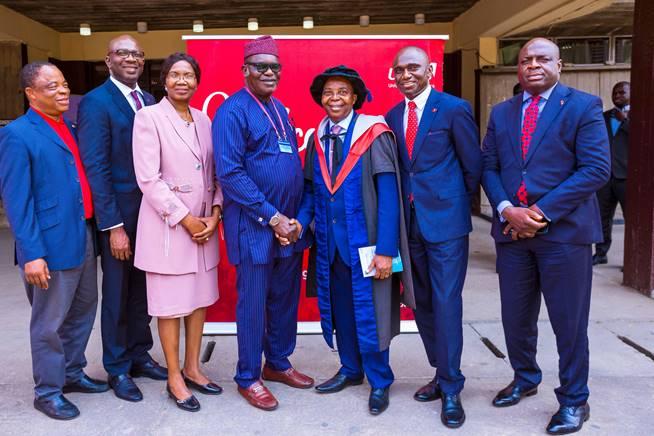Whereas the Federal Government continues to insist on borrowing more from China either the Central bank of China or the sister China-Exim Bank for another $17bn loan, experts have continued to ask questions on where are all the recovered loots and humongous earnings regularly announced by several agencies of the government.
It would be recalled that even last year the Nigerian Customs Services claimed that it overshoot its runway of income generation and would repeat the feat this year.
Since late last year, experts’ had continued to raise the red flag against further borrowing, the government continued to insist that it is yet to hit a dangerous margin in borrowing until the end of the January Monetary Policy Committee (MPC) meeting, which the Central Bank of Nigeria (CBN), Governor, Mr Godwin Emefiele opened up and cautioned the government for the very first time on borrowing.
Analysts say the challenge with Chinese loans is the danger of some ‘tiny conditions’ which are usually overlooked at the beginning stage. Observers say it was such tiny conditions that pushed an East African country (name with held) to lose the control and management of its major seaport to the Chinese after it defaulted in loan conditions.
It is the views of public finance experts that such trap that hocked the East African country can best be described as ‘the Coronavirus veiled with Chinese loans’.
However, the revelation by the Minister of Finance and National Planning, Mrs Zainab Ahmed that other lending institutions like the World Bank and the African Development Bank (AfDB) were not showing much interest when Nigeria approached them during recession, is a pointer that they are aware that the economy may have reached its threshold in external borrowing even China may not look at that.
While defending the new Chinese loan proposal at the Senate, the Minister repeated that the current administration is borrowing $29.96bn loan to fund critical infrastructure across the country.
She explained that the 8th National Assembly had approved about $6bn for the Federal Government out of the $29.96bn loan, leaving a balance of $22.8bn even as both the Federal Government and some state governments were jointly requesting the loans from various lending institutions.
According to her, 70 per cent of the loan, which is about $17bn, would come from the China-Exim Bank while others would be sourced from other lending institutions such as the Islamic Development Bank.
Again, less than one week the CBN had cautioned against borrowing, the same Minister insisted that the country had no issue with its current debt profile but noted that its dwindling revenue could not fund the various projects that were expected to have meaningful impact on the lives of Nigerians.
In her further defence at the Senate Committee, she added that “The funds ($22.8bn) will be channelled to the funding of infrastructure, which will enhance the productivity of our economy.
“Other projects are in healthcare and education. It also includes projects for the rehabilitation of the North- East geopolitical zone, which has been ravaged by insurgency.
“Others are the Mambila Hydro Power project ($4.9bn), Lagos-Kano modernisation rail project ($4.1bn), the Development Finance project loan being provided by a consortium of World Bank and African Development Bank agencies ($1.28bn).
“Above all, the loan will help us to improve our electricity supply, reduce poverty, create jobs, ensure access to finance, agricultural productivity, guarantee food security, achieve high school enrolment, provide clean potable water, rehabilitate major roads and develop the mining industry,” Ahmed claimed.









